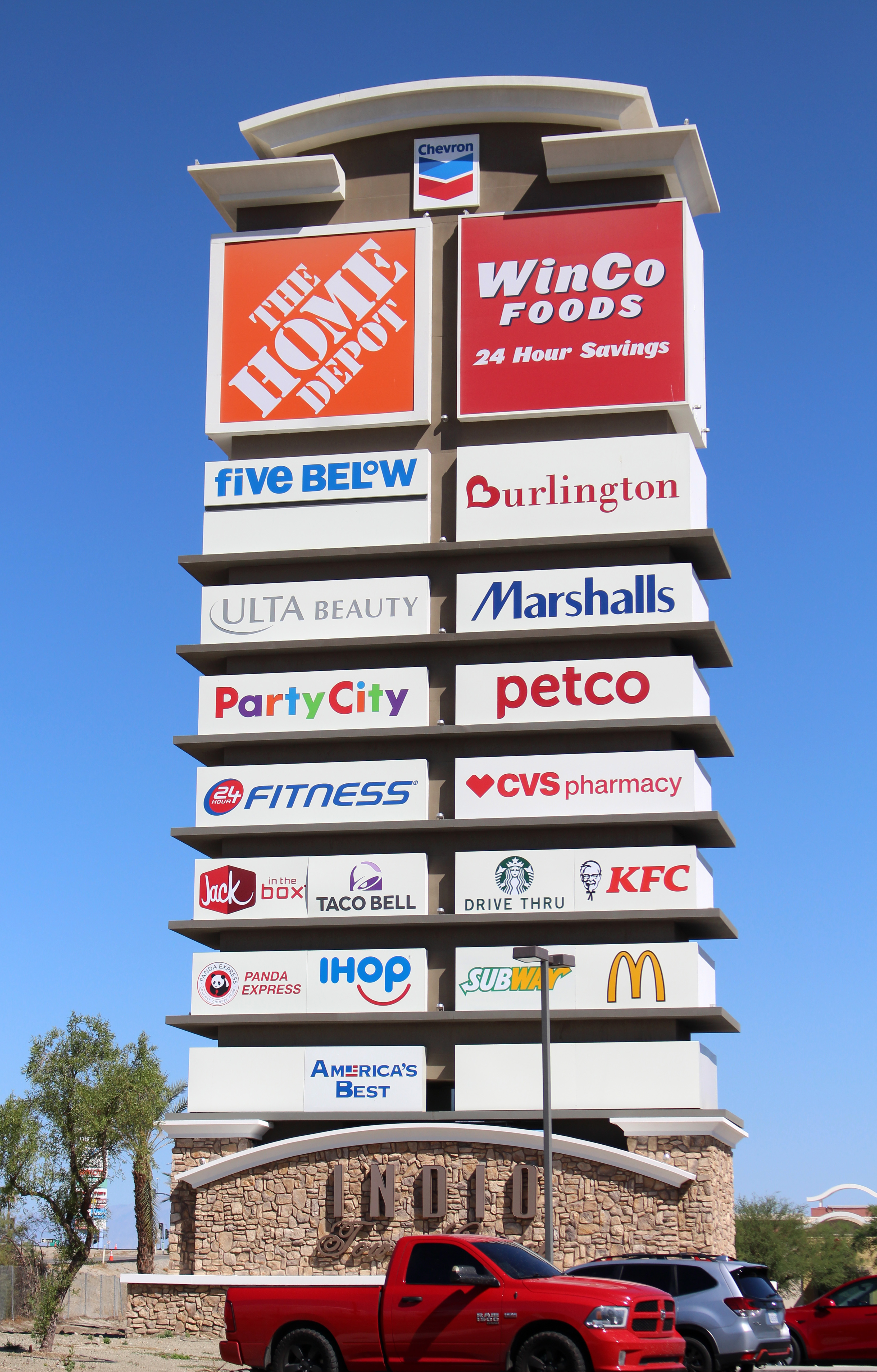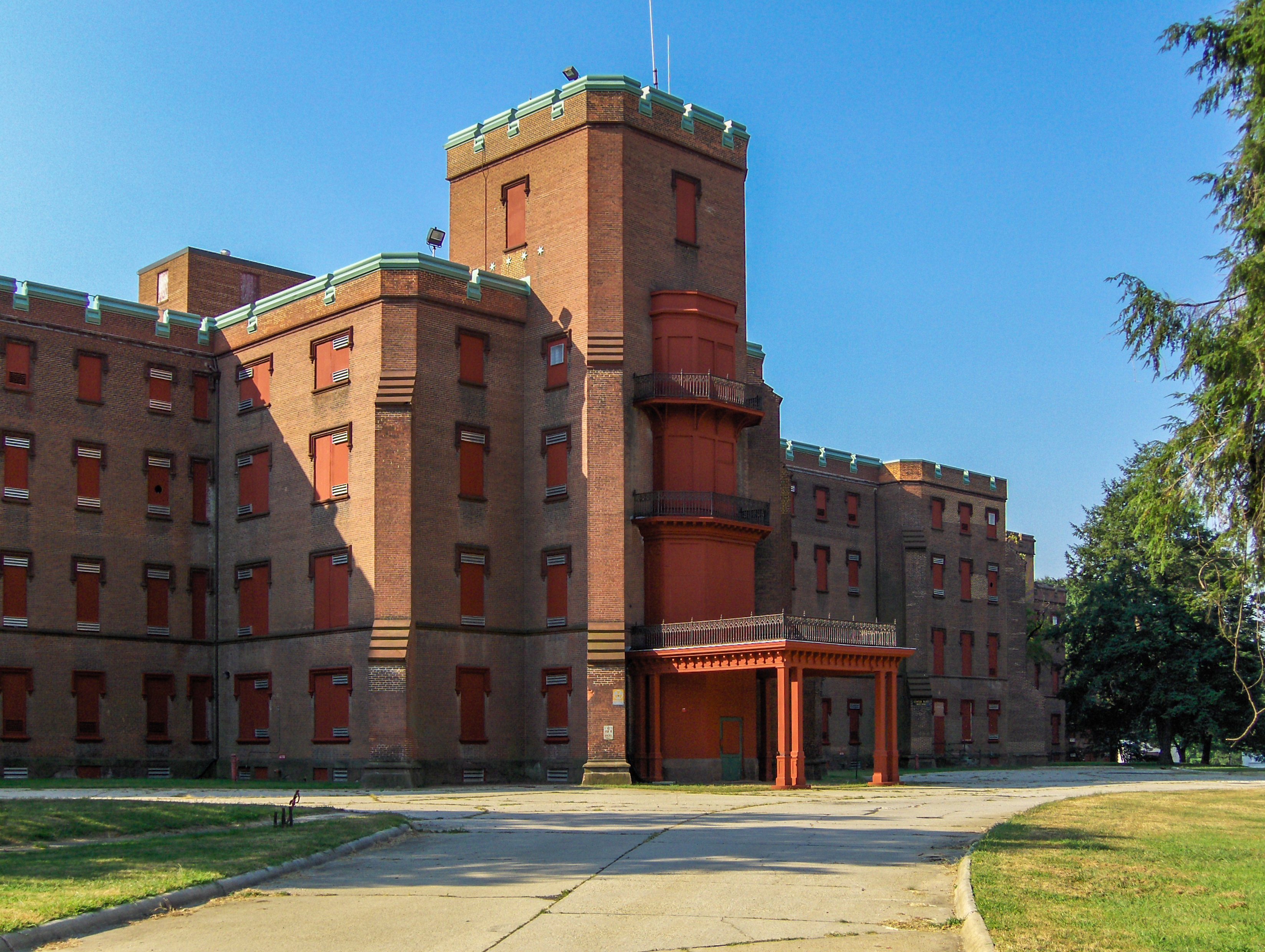|
Bureau-shaping
Bureau-shaping is a rational choice model of bureaucracy and a response to the budget-maximization model. It argues that rational officials will not want to maximize their budgets, but instead to shape their agency so as to maximize their personal utilities from their work. For instance, bureaucrats would prefer to work in small, elite agencies close to political power centres and doing interesting work, rather than to run large-budget agencies with many staff but also many risks and problems. For the same reasons, and to avoid risks, the bureau-shaping model also predicts that senior government bureaucrats will often favour either 'agencification' to other public sector bodies by having policy determination and advice separated from the implementation of the legislated practices of government (as in the UK 'Next Steps' programme, Australian Department - Agency system) or off-loading functions to contractors and privatization. In the health and social work fields, officials will f ... [...More Info...] [...Related Items...] OR: [Wikipedia] [Google] [Baidu] |
Budget-maximization Model
The budget-maximizing model is a stream of public choice theory and rational choice analysis in public administration inaugurated by William Niskanen. Niskanen first presented the idea in 1968, and later developed it into a book published in 1971.William A. Niskanen, 9711994. ''Bureaucracy and Public Economics'', Elgar. Expanded ed. Description and reviewlinks and revieexcerpts According to the budget-maximizing model, rational bureaucrats will always and everywhere seek to increase their budgets in order to increase their own power, thereby contributing strongly to state growth and potentially reducing social efficiency Efficiency is the often measurable ability to avoid wasting materials, energy, efforts, money, and time in doing something or in producing a desired result. In a more general sense, it is the ability to do things well, successfully, and without .... The bureau-shaping model has been developed as a response to the budget-maximizing model. Niskanen's inspiration ... [...More Info...] [...Related Items...] OR: [Wikipedia] [Google] [Baidu] |
Patrick Dunleavy
Patrick John Dunleavy (born 21 June 1952), is Emeritus Professor of Political Science and Public Policy within the Government Department of the London School of Economics (LSE). He was also Co-Director of Democratic Audit and Chair of the LSE Public Policy Group. In addition Dunleavy is an ANZSOG Institute for Governance Centenary Chair at the University of Canberra, Australia. As an undergraduate Patrick Dunleavy studied Philosophy, Politics and Economics at Corpus Christi College, Oxford, graduating in 1973. He moved to Nuffield College, Oxford to work on his doctoral thesis which was published in 1981 as ''The Politics of Mass Housing in Britain, 1945-75: Study of Corporate Power and Professional Influence in the Welfare State''. Dunleavy is a prominent political theorist specialising in the fields of public policy and government. His research has focused on the concepts of sectors and sectoral conflicts, rational choice theories of politics, the bureau-shaping model of bur ... [...More Info...] [...Related Items...] OR: [Wikipedia] [Google] [Baidu] |
Rational Choice
Rational choice theory refers to a set of guidelines that help understand economic and social behaviour. The theory originated in the eighteenth century and can be traced back to political economist and philosopher, Adam Smith. The theory postulates that an individual will perform a cost-benefit analysis to determine whether an option is right for them.Gary Browning, Abigail Halcli, Frank Webster (2000). ''Understanding Contemporary Society: Theories of the Present'', London: SAGE Publications. It also suggests that an individual's self-driven rational actions will help better the overall economy. Rational choice theory looks at three concepts: rational actors, self interest and the invisible hand. Rationality can be used as an assumption for the behaviour of individuals in a wide range of contexts outside of economics. It is also used in political science, sociology, and philosophy. Overview The basic premise of rational choice theory is that the decisions made by individual ... [...More Info...] [...Related Items...] OR: [Wikipedia] [Google] [Baidu] |
Bureaucracy
The term bureaucracy () refers to a body of non-elected governing officials as well as to an administrative policy-making group. Historically, a bureaucracy was a government administration managed by departments staffed with non-elected officials. Today, bureaucracy is the administrative system governing any large institution, whether publicly owned or privately owned. The public administration in many jurisdictions and sub-jurisdictions exemplifies bureaucracy, but so does any centralized hierarchical structure of an institution, e.g. hospitals, academic entities, business firms, professional societies, social clubs, etc. There are two key dilemmas in bureaucracy. The first dilemma revolves around whether bureaucrats should be autonomous or directly accountable to their political masters. The second dilemma revolves around bureaucrats' behavior strictly following the law or whether they have leeway to determine appropriate solutions for varied circumstances. Various commen ... [...More Info...] [...Related Items...] OR: [Wikipedia] [Google] [Baidu] |
Budget
A budget is a calculation play, usually but not always financial, for a defined period, often one year or a month. A budget may include anticipated sales volumes and revenues, resource quantities including time, costs and expenses, environmental impacts such as greenhouse gas emissions, other impacts, assets, liabilities and cash flows. Companies, governments, families, and other organizations use budgets to express strategic plans of activities in measurable terms. A budget expresses intended expenditures along with proposals for how to meet them with resources. A budget may express a surplus, providing resources for use at a future time, or a deficit in which expenditures exceed income or other resources. Government The budget of a government is a summary or plan of the anticipated resources (often but not always from taxes) and expenditures of that government. There are three types of government budget: the operating or current budget, the capital or investment budget, a ... [...More Info...] [...Related Items...] OR: [Wikipedia] [Google] [Baidu] |
Elite
In political and sociological theory, the elite (french: élite, from la, eligere, to select or to sort out) are a small group of powerful people who hold a disproportionate amount of wealth, privilege, political power, or skill in a group. Defined by the ''Cambridge Dictionary'', the "elite" are "those people or organizations that are considered the best or most powerful compared to others of a similar type." American sociologist C. Wright Mills states that members of the elite accept their fellows' position of importance in society. "As a rule, 'they accept one another, understand one another, marry one another, tend to work, and to think, if not together at least alike'." It is a well-regulated existence where education plays a critical role. Universities in the US Youthful upper-class members attend prominent preparatory schools, which not only open doors to such elite universities as Harvard, Yale, Princeton, and the University of Pennsylvania, but also to the universit ... [...More Info...] [...Related Items...] OR: [Wikipedia] [Google] [Baidu] |
Power Centre (retail)
A power center or big-box center (known in Canadian and Commonwealth English as power centre or big-box centre) is a shopping center with typically of gross leasable area that usually contains three or more big box anchor tenants and various smaller retailers, where the anchors occupy 75–90% of the total area. Origins and history 280 Metro Center in Colma, California is credited as the world's first power center. Available through ProQuest Central. In 1986, local real estate developer Merritt Sher opened 280 Metro Center next to Interstate 280 as an open-air strip shopping center dominated by big-box stores and category killers. As originally constructed, 280 Metro Center featured of gross leasable area on a 33-acre (13.3 ha) lot, Available via ProQuest ABI/INFORM Collection. which was home to seven anchor tenants, 27 smaller shops, and a six-screen movie theater. The original seven anchors were Federated Electronics, The Home Depot, Herman's Sporting Goods, Marshal ... [...More Info...] [...Related Items...] OR: [Wikipedia] [Google] [Baidu] |
Deinstitutionalisation
Deinstitutionalisation (or deinstitutionalization) is the process of replacing long-stay psychiatric hospitals with less isolated community mental health services for those diagnosed with a mental disorder or developmental disability. In the late 20th century, it led to the closure of many psychiatric hospitals, as patients were increasingly cared for at home, in halfway houses and clinics, in regular hospitals, or not at all. Deinstitutionalisation works in two ways. The first focuses on reducing the population size of mental institutions by releasing patients, shortening stays, and reducing both admissions and readmission rates. The second focuses on reforming psychiatric care to reduce (or avoid encouraging) feelings of dependency, hopelessness and other behaviors that make it hard for patients to adjust to a life outside of care. The modern deinstitutionalisation movement was made possible by the discovery of psychiatric drugs in the mid-20th century, which could manage psych ... [...More Info...] [...Related Items...] OR: [Wikipedia] [Google] [Baidu] |
London School Of Economics
, mottoeng = To understand the causes of things , established = , type = Public research university , endowment = £240.8 million (2021) , budget = £391.1 million (2020–21) , chair = Susan Liautaud , chancellor = The Princess Royal(as Chancellor of the University of London) , director = The Baroness Shafik , head_label = Visitor , head = Penny Mordaunt(as Lord President of the Council '' ex officio'') , students = () , undergrad = () , postgrad = () , city = London , country = United Kingdom , coor = , campus = Urban , free_label = Newspaper , free = '' The Beaver'' , free_label2 = Printing house , free2 = LSE Press , co ... [...More Info...] [...Related Items...] OR: [Wikipedia] [Google] [Baidu] |



.jpg)

